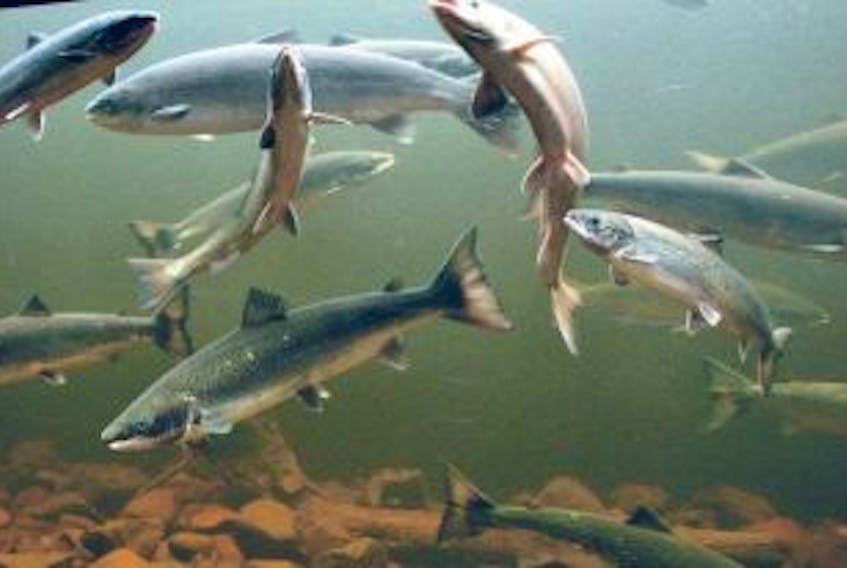I read your editorial “Farmed salmon 2.0,” (July 20).
Some interesting questions are posed therein about whether or not the province is backing the right horse or not vis-à-vis net pen farmed salmon versus land-based closed containment systems.
I would say the answer is a categorical “yes” to the former.
Net pen farmed salmon is still the most ecologically and environmentally lowest-carbon impact and cost-effective way of producing salmon (subject, of course, to keeping fish in the cages, and reducing disease threats from wild organisms). That the province and feds are willing to loan Grieg NL about 16 per cent of their capital costs in a graded loan, to encourage over $200 million in private investment is not unusual in a good employment and growth sector of the fisheries, one which will make significant contributions to rural Newfoundland and Labrador in terms of gross domestic product, reduced reliance on social programs, increased tax revenues and protection of the environment. The loans are just that — loans, fully repayable. These are not grants, unlike what we did for cucumbers in the 1980s or pulp and paper in recent years in western Newfoundland, or other government investments that have tried to create or protect a few jobs.
I suspect it will be a decade or more before large-scale salmon farming on land achieves any measure of success, as they have to work out many issues attendant to this type of production, in spite of what dot.com companies say in their portfolios.
Your editorial alludes to recent announcements of land-based, full-scale production units for Atlantic salmon being promoted as disease free, pest free, antibiotic free and pollution free. I can assure you there are no such operations in existence anywhere, in spite of efforts over the past 25 years for larger scale on-land production facilities. Even with today’s technology, these facilities still encounter animal welfare, disease and sustainability issues (such as what to do with the outflow of nutrients). This, not to mention the higher costs of production, and a carbon footprint typically higher than net pen farming (I can provide several scientific references).
All of this means that it will be some time before the private sector actually invests its own cash into large scale endeavours. The facilities in Western Canada and the U.S. developing recirculating aquaculture systems are funded largely by stock market offerings, not really private capital. The most recent market analyses suggests the risk is still very high on getting any sort of return in the near future, because no one has succeeded in producing any amount of Atlantic salmon in land-based systems (I mean over 1,000 tonnes per year.)
I suspect it will be a decade or more before large-scale salmon farming on land achieves any measure of success, as they have to work out many issues attendant to this type of production, in spite of what dot.com companies say in their portfolios.
Meanwhile, net pen farmed salmon produces over 2 million tonnes per year, and they will continue to find solutions to the environmental challenges, including mitigation and prevention of a variety of impacts often referred to in your paper, and by the critics. Only with good science support will they find these solutions, and we are doing our best to find them right here at home.
Is it wrong for our province to want to share in this sustainable, community oriented aquaculture, which brings wealth to many rural areas of our country, including 40 plus First Nations? Is it wrong for the people of this province to want to work in their home communities in well-paying jobs and contribute to the economy, rather than rely on social programs?
I think the aquaculture sector needs to promote more of its benefits, to educate the public on the pros and cons, and be willing to listen to critics and address their concerns, rather than let the pundits, critics and even media write the story. It is imperative an open discourse is undertaken, and I believe the aquaculture sector has been trying to do this in recent months.
It would be a great service if The Telegram were to undertake a serious analysis of the pros and cons, and do a good investigative piece to educate folks about the whole business of aquaculture, rather than just publish negative pieces or critical editorials that do not really get to the bottom of the issues.
Cyr Couturier, aquaculture scientist
Marine Institute of Memorial University









